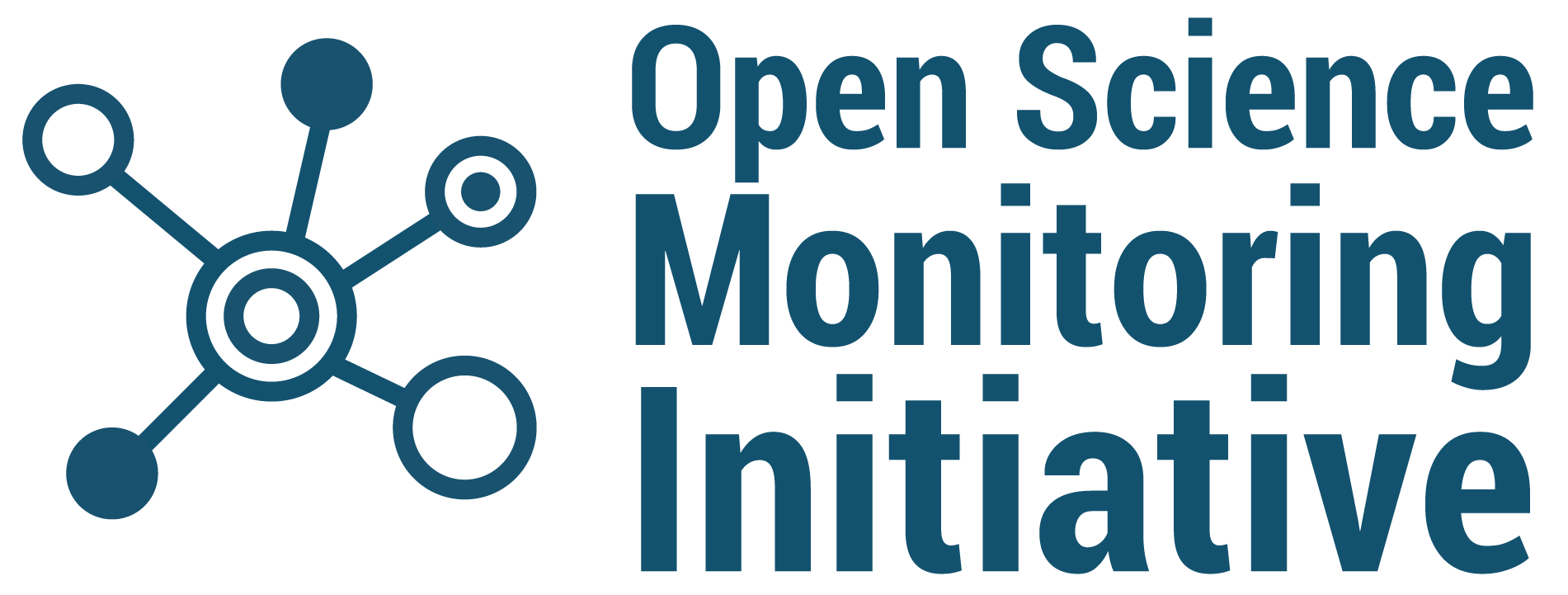
If you wish and have the time to actively contribute to a working group, please contact us.
If you would just like to follow us, then please join the mailing list by registering on the home page of the OSMI website. You can also follow us on LinkedIn and Mastodon.
First working groups
If you have any questions on the working groups, please do not hesitate to contact us.
Future working groups – after the release of the global Principles of Open Science Monitoring
WG5. Implementation of open science monitors and capacity building
WG6. Technical specifications starting with publications, research data, software…
General guidelines for the WG Co-chairs
- Work according to, and abide by, the Principles of Open Science Monitoring, and promote them;
- Encourage the responsible use of monitoring technologies, products, services or methodologies aligned with the Principles;
- Support the group in delivering timely and tangible outputs;
- Facilitate cross-sector and intercultural collaboration and consensus-building;
- Always seek to include diverse perspectives in organising the group and delivering its objectives;
- Pay attention to the geographical location of group members to enable everyone to participate, for example, by making it possible to contribute asynchronously as far as possible, considering different time zones;
- Communicate regularly on the progress of their working group to the OSMI Coordination Committee and, through the Steering board, to align with the other working groups.
